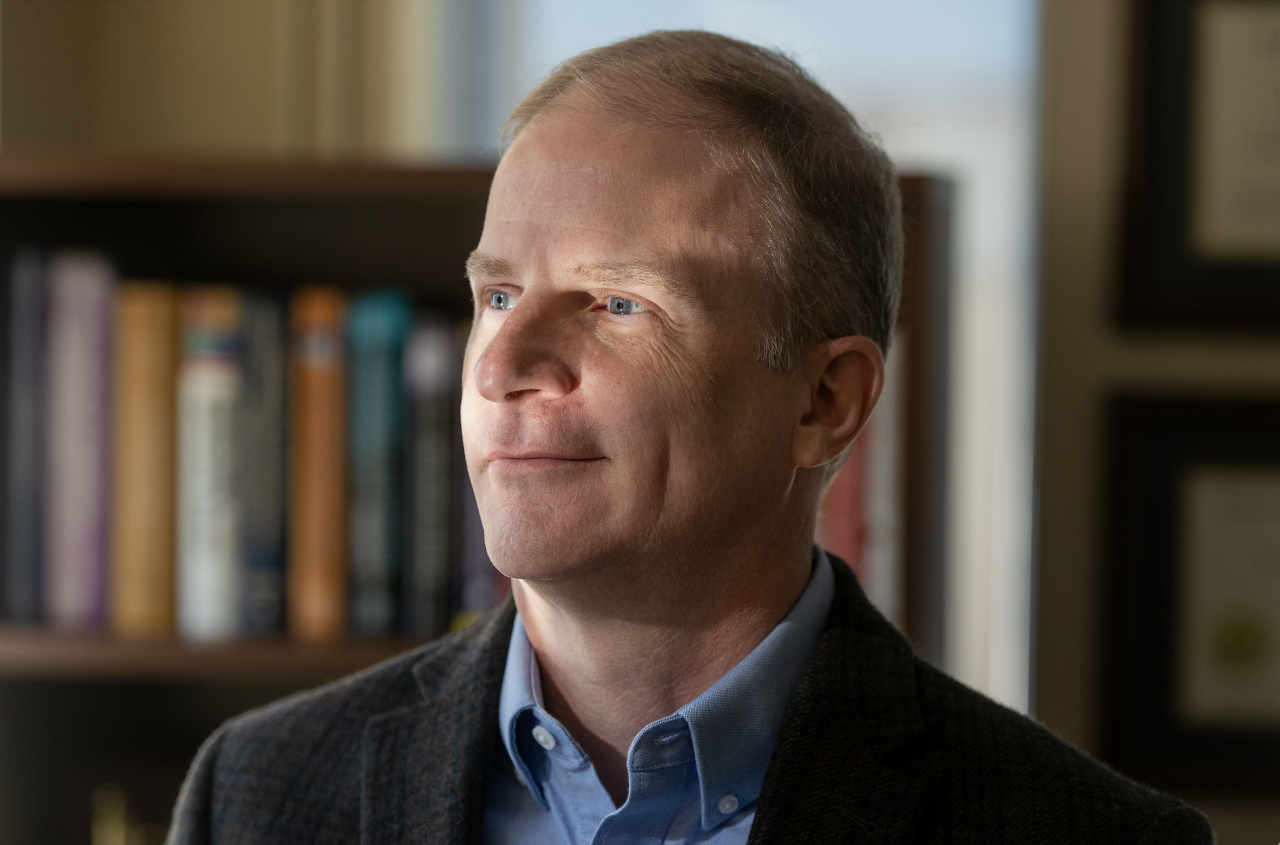By the Numbers: Evaluating Tennessee’s Partners in Policymaking® Leadership Institute
By Bruce Keisling, Executive Director, The UT Center on Developmental Disabilities
The University of Tennessee’s Center on Developmental Disabilities has had the privilege of evaluating the attitudes and outcomes of hundreds of Partners in Policymaking® graduates over the years. This process includes surveying groups of participants at the beginning and end of their leadership experience. It has also taken the form of looking back with focus groups and self-report questionnaires for graduates years after completing the program. Regardless of when or how we ask graduates, we consistently hear that participation in Partners in Policymaking results in long-lasting gains in:
- self-confidence and empowerment,
- knowledge,
- advocacy skills,
- professional and social networking,
- community inclusion,
- and quality of life for those connected by the experience of disability.
Partners graduates report being actively involved in system changes within their communities. This continues many years after they finish the leadership training program. A few examples of community improvements and system change Partners graduates have worked on include:
- developing a training course for first responders who encounter persons with developmental disabilities,
- creating integrated and competitive employment opportunities,
- founding a minority-owned transportation business, and
- establishing an accessible and ADA-compliant sports complex.
In addition, Partners in Policymaking graduates have significantly contributed to shaping public policy in Tennessee in ways that improve outcomes for people with developmental disabilities and their families. These policy efforts have included:
- leading legislative advocacy efforts to phase out sub-minimum wages across private, public, and nonprofit organizations and
- championing the creation of the Tennessee Council on Autism Spectrum Disorder. The Autism Council works to establish a long-term plan for a coordinated system of care for people with autism and their families.
In 2021, 135 Partners graduates from 1993 to 1998 were surveyed about the lasting impact the leadership institute has had on their ongoing disability work. Even years after completing the Partners program, alumni reported increased leadership skills, greater ability to impact disability-related policy work, and improved quality of life.
Partners graduates we surveyed overwhelmingly (99%) said that the training experience improved their ability to define their desired services and supports. For those currently participating in disability-related advocacy, 74% attributed their degree of engagement and success to their participation in the Partners in Policymaking program.
Ninety-two percent (92%) of graduates said that Partners helped increase their ability to access their community, and 89% reported an increase in their knowledge of disability issues. Eighty percent (80%) of Partners graduates said their sense of being connected to others with similar life experiences improved, increasing their ability to find resources for themselves and others.
But the benefits don’t stop there – 98% of Partners graduates have served as a member of a cross-disability coalition, policy board, advisory board, governing body, or leadership position. For graduates who participated in community organizations, 69% said their involvement in Partners in Policymaking improved their effectiveness in these community-based disability activities.
As an overall quality of life measure, 86% of graduates reported that their life has improved after participating in Partners in Policymaking. This sentiment is echoed throughout this special edition of Breaking Ground, where you’ll find many personal testimonies and examples of the wonderful outcomes of this program.
